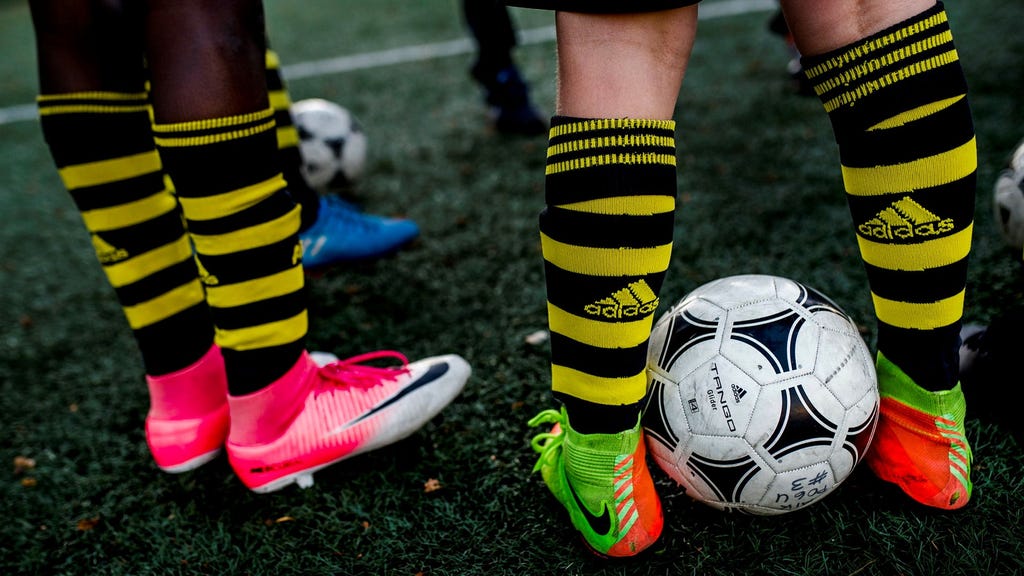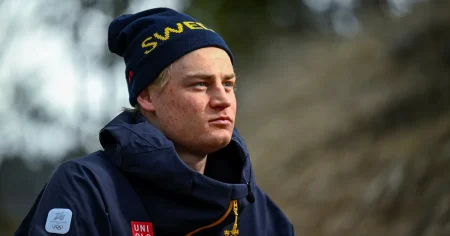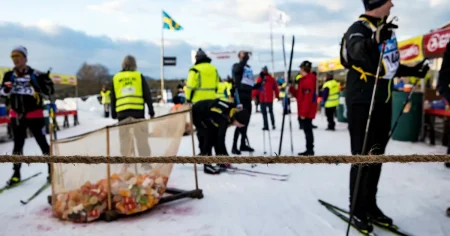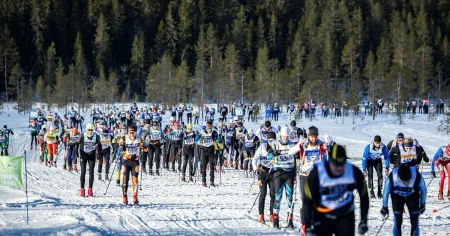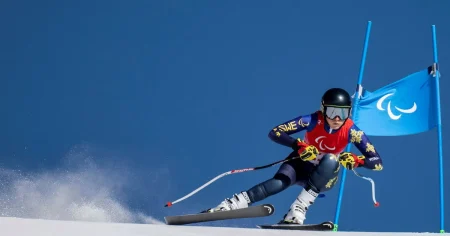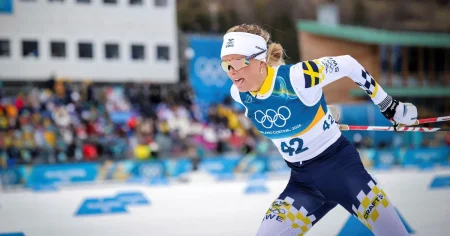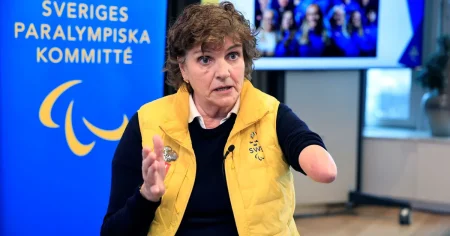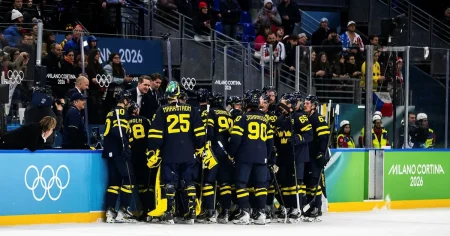DN DEBATT: The Multi-Sport Advantage and the Pitfalls of Early Specialization
A recent international study reveals a striking pattern among Olympic and World Championship medalists: a majority participated in multiple sports during their formative years and specialized in their primary sport relatively late in their athletic development. This finding challenges the prevailing paradigm of early specialization, increasingly embraced by sports clubs and academies worldwide, and highlights the potential benefits of a multi-sport approach for both athletic achievement and overall well-being. Clubs like AIK, in their pursuit of elite performance, are arguably making a detrimental error by prematurely selecting and deselecting young athletes as young as ten years old for specialized academies. This practice not only overlooks the developmental advantages of multi-sport participation but also fosters a culture of performance anxiety that can be detrimental to both public health and the long-term success of elite sport. We, a collective of seventeen sports researchers, argue for a shift away from this trend towards early specialization and advocate for a more balanced and holistic approach to athletic development.
The benefits of multi-sport participation are multifaceted. Engaging in a variety of sports exposes young athletes to a wider range of movement skills, developing fundamental athleticism that can be transferred across disciplines. This diverse movement vocabulary enhances coordination, balance, agility, and overall physical literacy, creating a more robust foundation for future specialization. Furthermore, participating in different sports reduces the risk of overuse injuries, a common consequence of early specialization where repetitive movements and intense training regimes can place undue stress on developing bodies. The varied physical demands of different sports distribute the workload across different muscle groups and skeletal structures, promoting balanced physical development and mitigating the risk of long-term injuries.
Beyond the physical benefits, multi-sport involvement fosters valuable psychological and social skills. Navigating different team dynamics, coaching styles, and competitive environments cultivates adaptability, resilience, and a broader understanding of teamwork and leadership. The exposure to diverse sporting cultures also enhances social interaction, expands social networks, and promotes a sense of belonging within different communities. This holistic development of the athlete, encompassing physical, psychological, and social dimensions, contributes to a more well-rounded and resilient individual, better equipped to handle the pressures and challenges of high-level competition.
The prevailing trend towards early specialization, often driven by the desire for early success and the perceived competitive advantage of focused training, can have detrimental consequences. The intense pressure to perform at a young age can lead to burnout, disillusionment, and a premature exit from sport altogether. The limited exposure to different movement patterns and training stimuli can also hinder long-term athletic development, potentially limiting an athlete’s ability to adapt and excel in their chosen sport later in life. Moreover, the emphasis on specialization can create a narrow focus that neglects the importance of overall physical literacy and the development of transferable skills, essential for lifelong health and well-being.
The selection and deselection processes employed by clubs like AIK, targeting children as young as ten, are particularly concerning. At this age, predicting future athletic potential is notoriously difficult and unreliable. The focus on early specialization often prioritizes physical attributes and immediate performance over long-term development and the potential for future growth. This can lead to the exclusion of talented individuals who may blossom later and perpetuate a system that favors early bloomers over late developers. Furthermore, the pressure associated with these selection processes can be incredibly stressful for young athletes and their families, potentially creating a negative and anxiety-ridden environment that undermines the joy of sport and discourages participation.
For the sake of both public health and the long-term success of elite sport, we advocate for a shift away from the current emphasis on early specialization. We urge sports clubs and academies to embrace a multi-sport approach, encouraging young athletes to explore different sporting activities and develop a broad base of athletic skills before specializing in a particular discipline. This approach will not only produce more well-rounded and resilient athletes but also promote a more inclusive and enjoyable sporting environment that encourages lifelong participation and contributes to the overall health and well-being of individuals and communities. The focus should be on developing a love for sport, fostering a positive and supportive training environment, and prioritizing long-term athletic development over short-term gains. This holistic approach will ultimately benefit both individual athletes and the broader sporting landscape.





